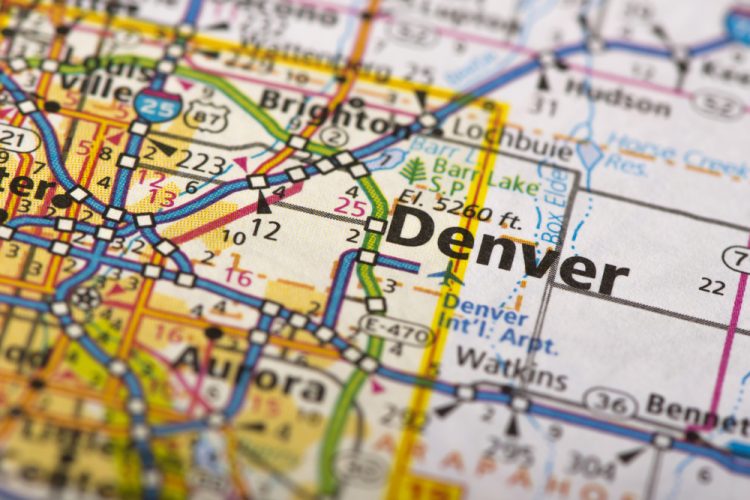Denver, the “Mile High City,” is brimming with references to its founders. So, wouldn’t it be natural to assume the city itself was named after an early settler? Think again!
According to Denver Public Library, the story behind Denver’s name is a curious mix of ambition, missed connections, and a dash of bad luck for its namesake.
Long before Denver became a bustling metropolis, the land belonged to various indigenous tribes. But the 1858 Pike’s Peak Gold Rush sent prospectors flooding in from the east. Several settlements sprouted up, including Auraria and St. Charles. Then came William Larimer Jr., who, according to Encyclopedia Britannica, essentially “jumped the claim” on one of these settlements, renaming it “Denver City.”
Here’s where things get interesting. The name “Denver” wasn’t chosen out of personal connection, but as a calculated move to gain favor with James W. Denver, the then governor of the Kansas Territory.
Larimer hoped this would secure Denver City’s place as the Arapahoe County seat. Unfortunately, news traveled slower back then, and by the time Larimer and his crew arrived in Kansas, Governor Denver had already stepped down!
James Denver, born in Virginia, lived a diverse life, traversing California, Ohio, and even the Kansas Territory (before becoming Denver!). He never set foot in his namesake city until 1875, and historical records suggest a lukewarm reception upon his two visits (1875 and 1883).
So, Denver, the city, was named after James W. Denver, though the timing of the naming wasn’t quite as impactful as Larimer had hoped.












